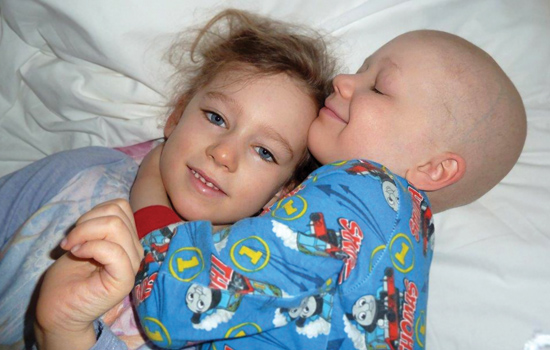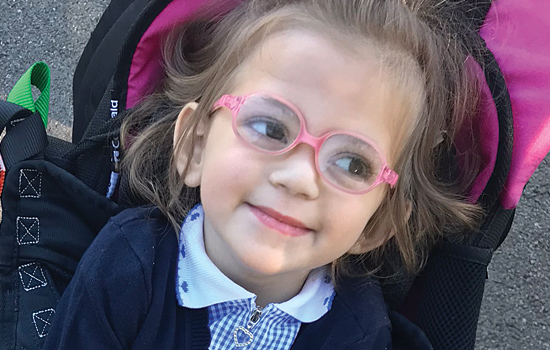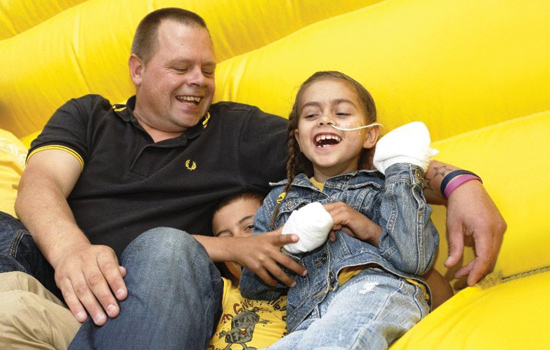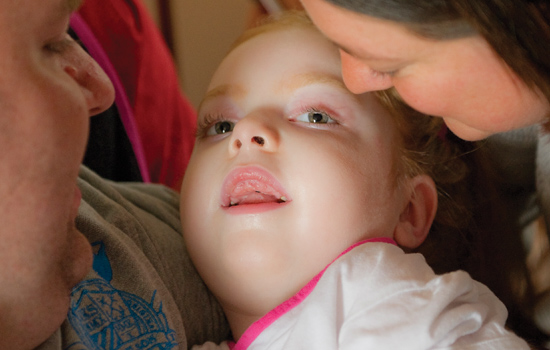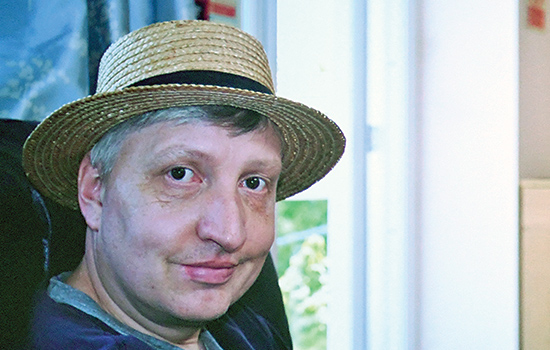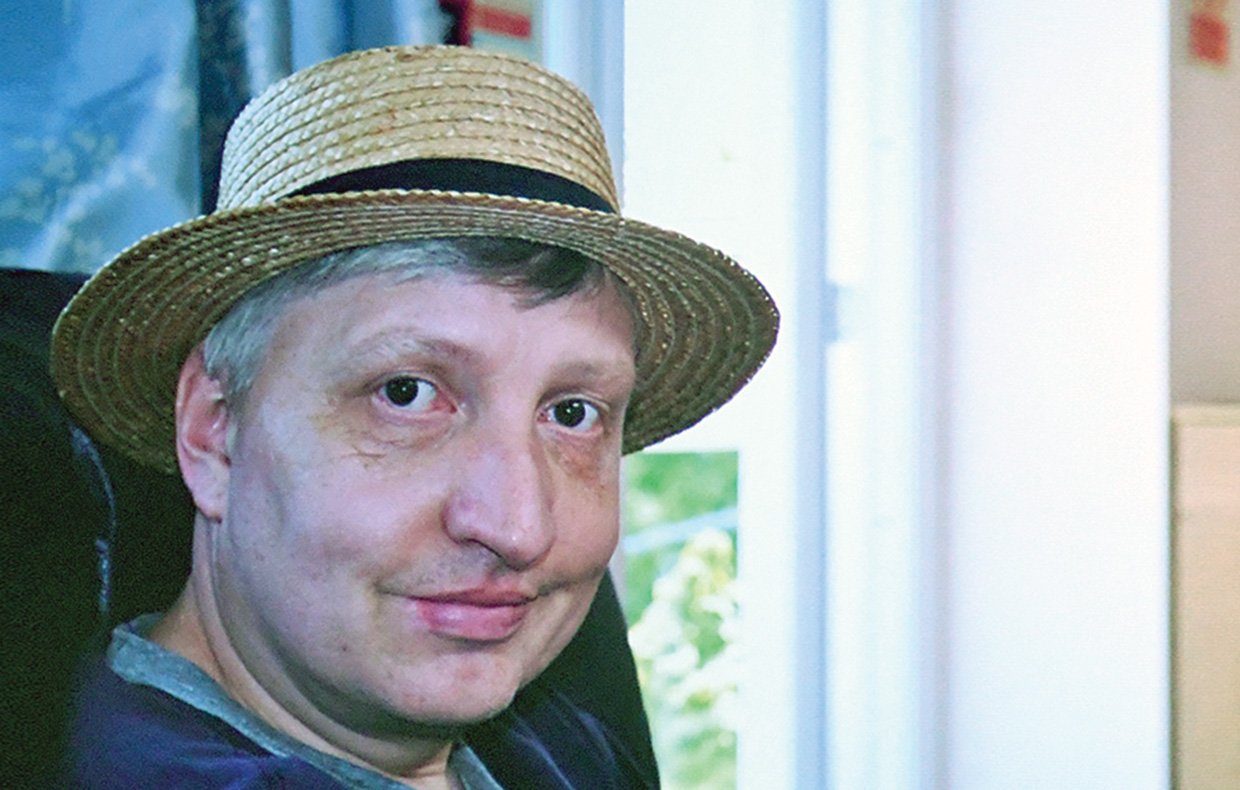
Scott was born on 5 April 1972. He was healthy and happy, hit most milestones early and progressed easily through school. He was not sporty but fiercely academic and did extremely well right up until he was about 18. He had gained a place in a top UK university to study History and planned to go into politics.
At about age 21 we started to notice changes in his personality. He had been a calm, easy-going boy who would talk to anyone and accepted all other points of view. He was really popular and had masses of friends. However, we noticed that he kept forgetting small things like not turning up when we had planned an outing, or leaving the oven on with a meal inside and going out. He also became verbally aggressive which meant that many of his longstanding friends had less to do with him.
Eventually, after about a year of very slow deterioration we went to the doctor and he was, unfortunately, referred to a psychiatrist. After a very frustrating year with no progress and battle after battle with the psychiatrist, I went on the war path and demanded tests and referral to a neurologist. All this took time but I had a friend whose daughter was carrying out Post-Doctoral research in genetics in the USA and I contacted her for help. I spent a morning with her looking at many possibilities and, with the information we had, she came up with two Leukodystrophies it might be. I remember her words that day – “whichever it is, the outcome is shit”. How right she was, but I am eternally grateful for her help as she also found that they were experimenting with Bone Marrow Transplants at the time.
This allowed us to push for further tests Scott had a CT brain scan which showed abnormality and a subsequent MRI scan showed lesions in the white matter. At this point we were very lucky as the neurologist was extremely capable and Scott went into the Royal Free Hospital for a week to have further tests to rule out over 100 possible causes. Within a month, in August 1995, he was diagnosed with Adult-onset Metachromatic Leukodystrophy – that day our “normal” life came to an abrupt end.
After a month of fighting the NHS for an appointment, Scott was, finally, referred for a bone marrow transplant. Luckily, Russell, Scott’s elder brother, turned out to be a perfect 6/6 match which saved a lot of time. The BMT took place in February 1996, just a week after Scott’s graduation from the University of Bristol, and just before his 24th birthday. It was a traumatic year – never underestimate how dreadful a bone marrow transplant can be. However, it was Scott’s only hope and he signed the consent form himself for the treatment to go ahead. The night before his BMT he said to us “I hope Russell can save me.”
By this time Scott’s cognitive abilities were fading quickly and time was of the essence. Scott continued to deteriorate until about 6 months after the BMT. Then he stabilised, but his body rejected the transplant and in 1998 he had to have stem cell transplant, again from Russell. This lasted until 2001 when he had a further stem cell top up from Russell. It was dangerous – they did not “Condition” Scott, that is to use chemotherapy to immunosuppress him. Also, they did not take out the killer T-cells which they felt were needed to stop rejection. This was his last chance. This stem cell top-up worked, but Scott developed acute Graft vs Host Disease which affected his skin and liver. He still has chronic GvHD but it does not affect his general health or life.
Where are we now?
Well, Scott is now 46 and has an amazing quality of life. Yes, he has a form of dementia, but he remains stable. He is not physically disabled and his weekly activities include walking, cycling, visits to the cinema and restaurants. He is happy and in general good health. He is in care from Sunday night to Friday night so that we can work, but we have him home every weekend and all holidays.
Our grandchildren have learned how to deal with their Uncle Scotty, and they are wonderful with him. Scott is still very much a part of our family and we realise that we have been one of the few families to have this outcome. Our hearts go out to the little ones and the adults who are not diagnosed in time.

